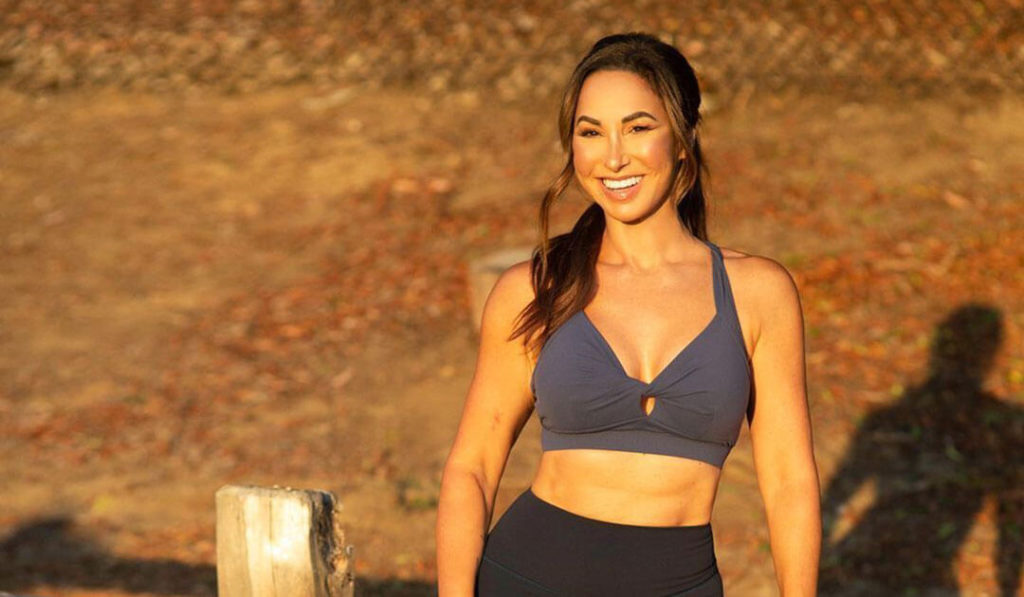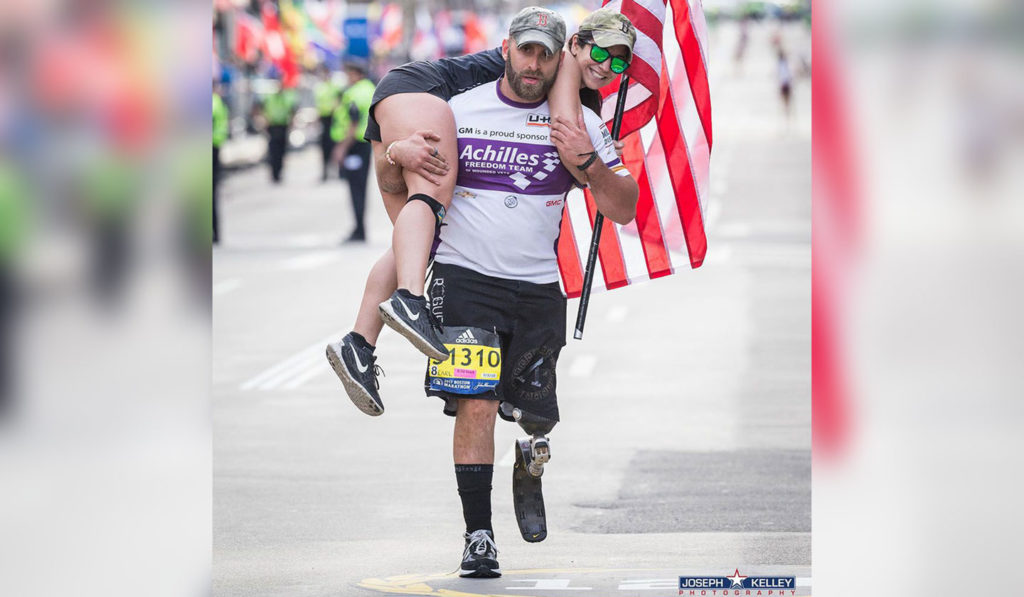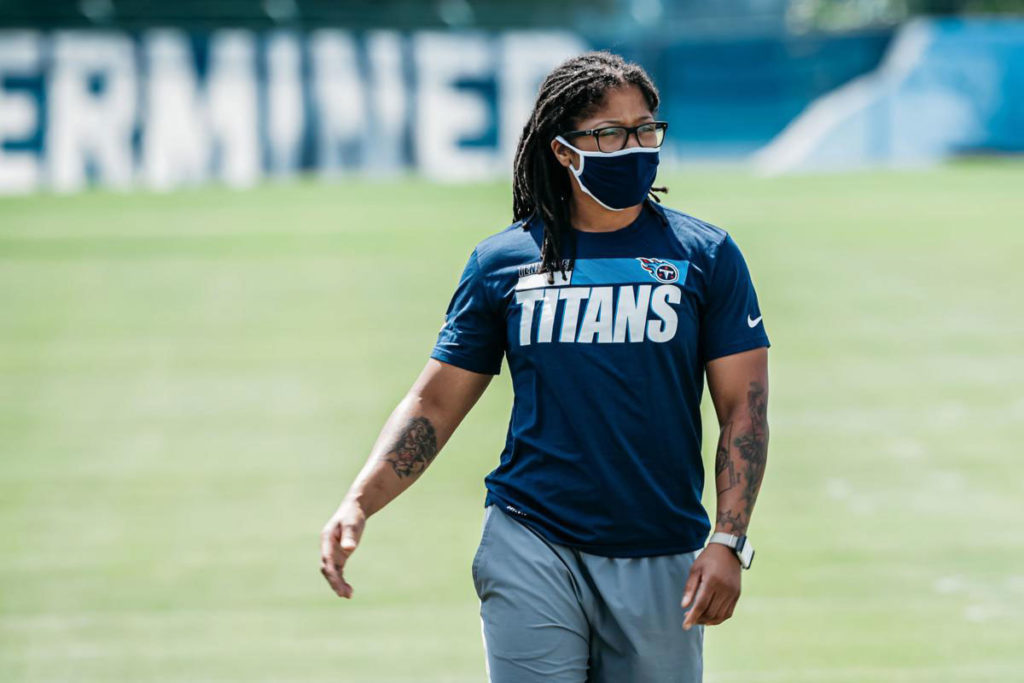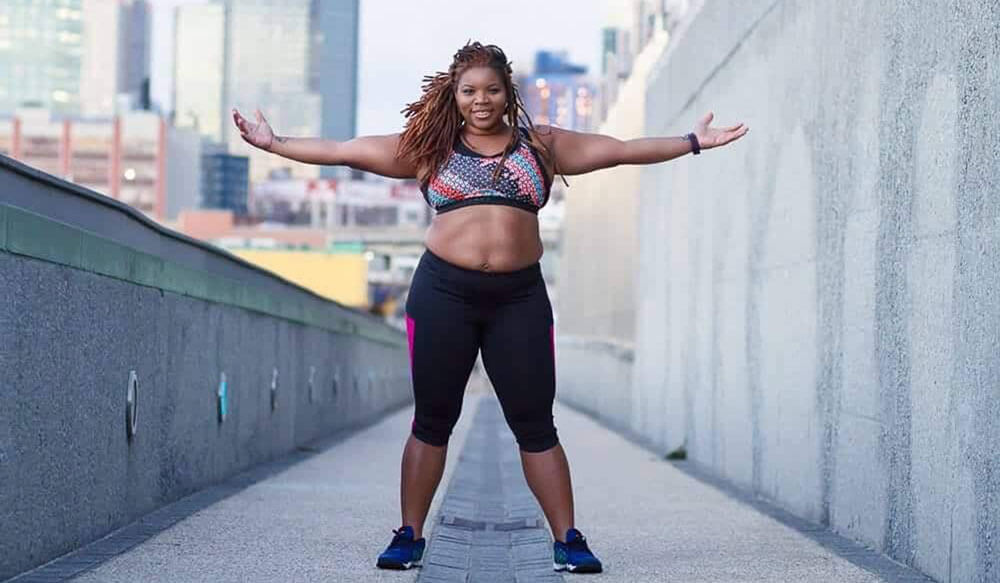We have the honor of sitting down with 83-year-old legend, Mildred Wilson, and her son, Danny. The mother-son duo discuss their experiences with Tough Mudder and World’s Toughest Mudder, the importance of exercise and nutrition, and pushing your limits. This is our No Excuses podcast episode 60 with Mildred Wilson.
Be sure to support and join Mildred at our Missouri event on May 1st.
Read more about Mildred:
–Tough Mudder
–CBS News
Listen Now
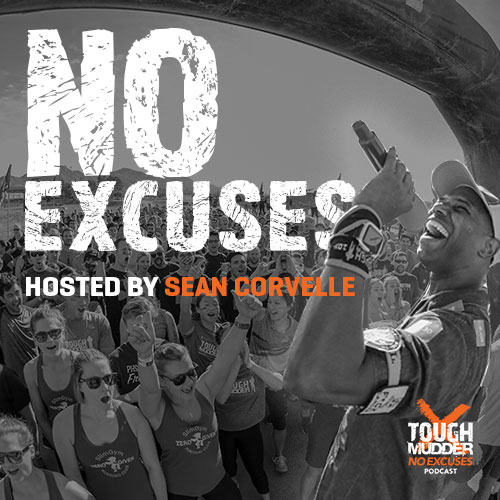
A LOOK INSIDE THE EPISODE:
TM: Mildred, what’s your advice for someone looking to run a Tough Mudder that has never done it before? What would you say to them?
M: Well, I would tell them to not be scared of it, just go for it, but prepare for it. If they’re not an active person to begin with, they need to be. They need to be going to the gym or somewhere and getting active. Even if it’s just walking, that kind of thing.
TM: Danny, what’s your advice for somebody looking to do a 24 hour event, our World’s Toughest Mudder?
D: I think of the three that I did, I was probably in the best shape for the first one, but I had the worst equipment. So talking to people and really figuring out the stuff that you need to have with you. Like a good wetsuit, especially if you’re cold natured like I am, good gear. I think one of the hardest things for me to ever get right was nutrition, so figuring out how to have the calories that you need, but not eating such heavy things that you couldn’t go out and do it. Trying to keep that going was one of the really tough ones.
One of the years, I came back into the pit and I was like, I think I can get in one more before I eat, which was a really bad mistake. I got about three miles into that and I just sat down on the ground. I’ve never hit a wall physically, like I did at that moment, I literally just sat down, I didn’t feel like I could even walk. I sat there for probably 20 minutes and finally got up and started just kind of very slow zombie walking.
Somebody had a Goo and they’d only eaten about half of it and threw it down and I saw it and I picked it up and finished it. And I tell you what, as stupid is it is, that was enough to give me that little pat to get me back that extra mile and a half back to the base camp. Nutrition I think is really key, figuring out how to get good calories, but not so much that you feel full and can’t do anything.
TM: What is it that makes us humans go and take on a challenge like that? You’ve gone to your physical limit and you keep coming back. You’re in your 80s and people would tell you not to run around outside, but yet you’re out there taking on these challenges. What do you think that is in us that makes us do that?
M: I really don’t know. I honestly don’t. I’ve just always enjoyed a physical challenge. Like, when I was picking cotton, I’d find the best picker in the field and I tried to keep up with that person. I’ve always been like this, we’re very competitive.
D: I think there’s something to be said for seeing how far you can push yourself, see where your limits are because I think for most people, their limit is a lot further than they think it is. I feel like most people get to about 70 or 80% of what they think they can do and think that they can’t do any more than that. I think our limits are almost always further than that, but we just don’t push ourselves to see. That first year, I literally pushed myself to the point of passing out, so that was obviously my limit that year, but that was more from the cold than anything else.
I think testing your limits and seeing what you’re made of is important. Honestly, that moment when I put that wetsuit back on when I was shivering cold and didn’t want to, that was a defining moment in my life. I really feel like I have thought of myself differently from that moment than I ever had before. I really think if I would have chosen to just stay in the warmth and not do it, I would have always regretted that choice. So I think there’s something to be said for, what am I capable of and what can I do? Then, just push it and see what your limits are.

